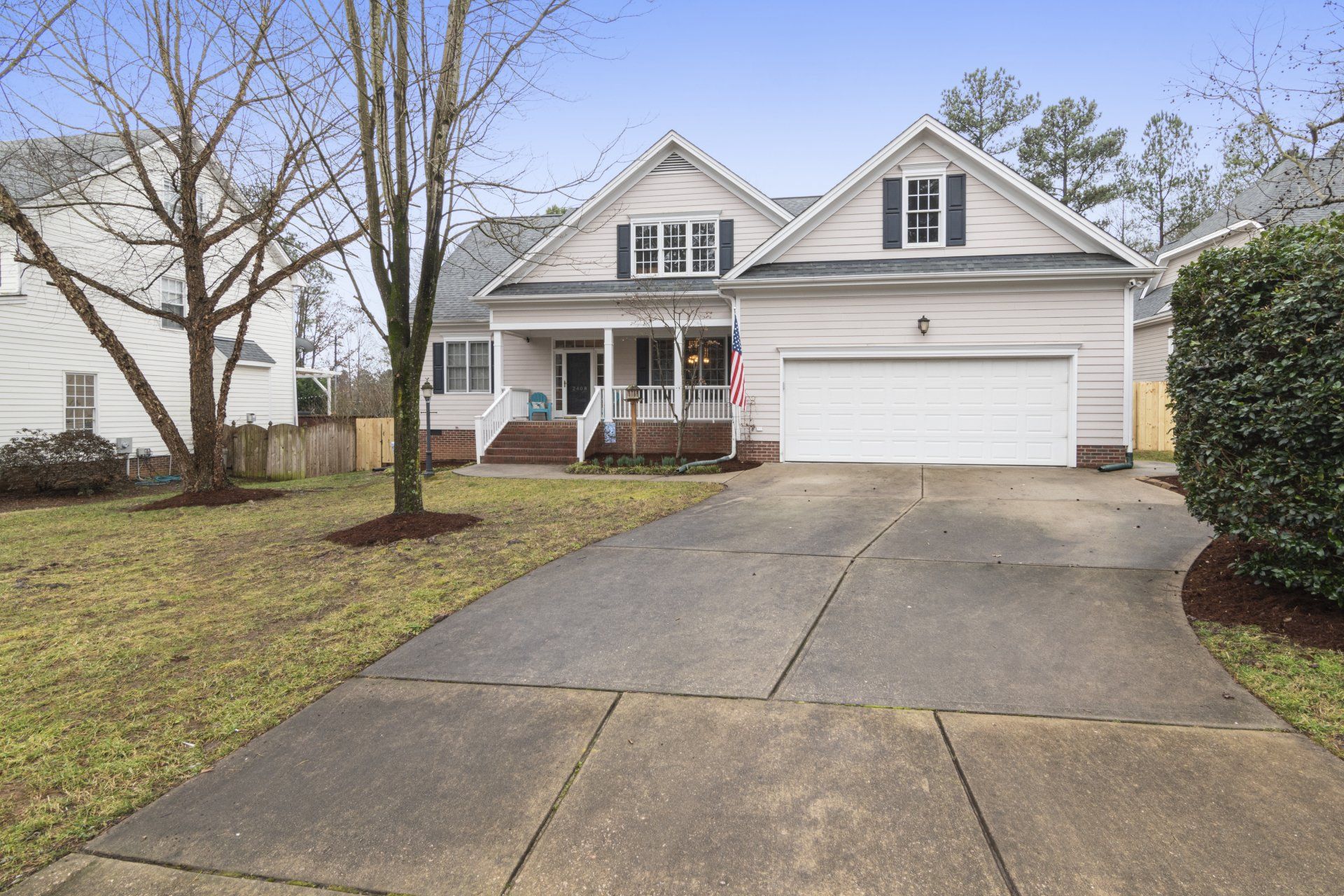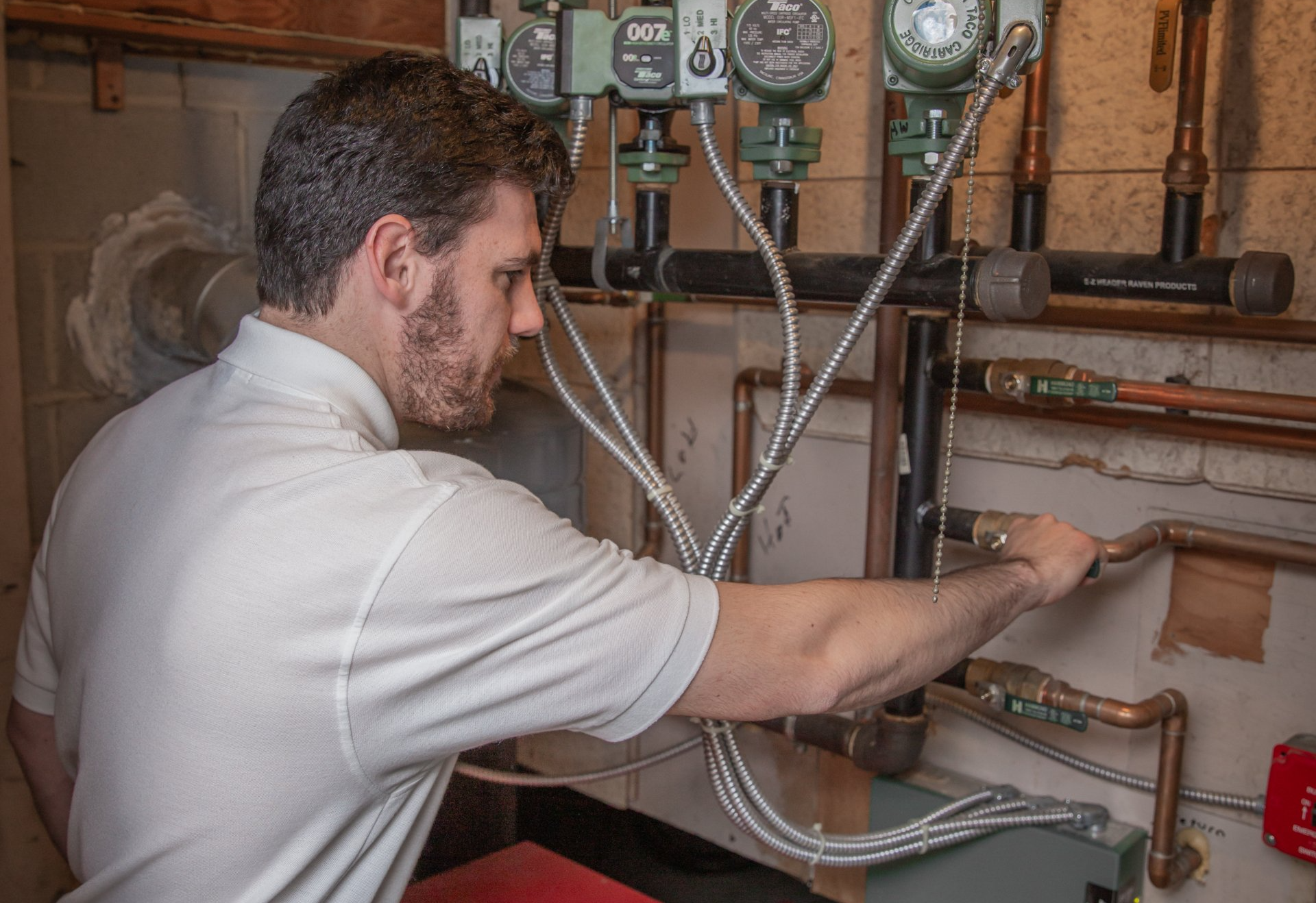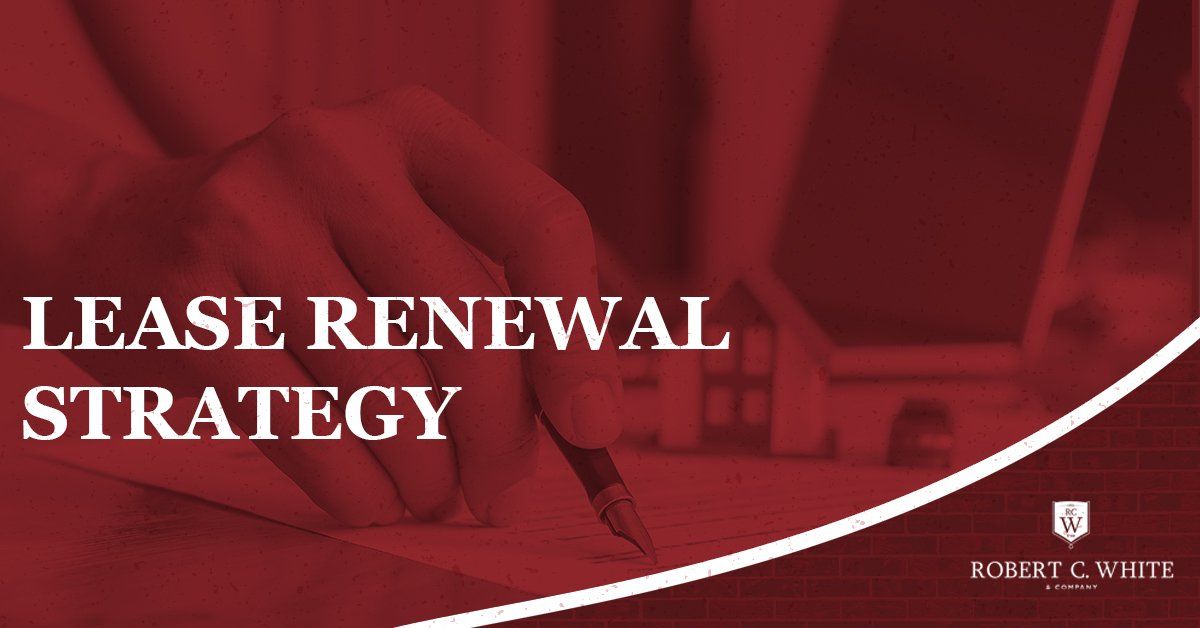6 Critical Lease Clauses to Protect Landlords & Their Rental Property
Robert C. White & Company • April 7, 2021
Protecting Yourself and Your Property

We'll assume that most landlords understand why they need a signed lease agreement, but do they know what determines a good lease from a bad one? Can they see what's missing from their current lease agreements that would be beneficial? At RCW we've designed our lease to be one of the tightest in the industry, meaning our owners are truly protected. We've reworked our agreement many times over the years (with more than 1000 signings/renewals since 2015) and continue to add language specifically to benefit and protect our owners interest. In this week's blog, we identify a few commonly overlooked clauses that every own should consider adding to their lease as soon as possible! Let's dig in.
Let's set the stage. You think you’ve found a great set of tenants. Their credit check is clean, income levels satisfactory, and no problems with criminal history. When you decide to sign a lease with them, the agreement lists exactly which adults are responsible financially and who else will live in the property (grandparents, children, disabled family, etc.). Two weeks later, their aunt and uncle move in from Florida, and a month after that, two adult daughters return home from oversees travel. All of a sudden, your quaint rental has 4 new people living there, none of who were vetted.
To help you avoid this kind of situation, insert a clause with a detailed visitor and guest policy. Many landlords in Connecticut consider a guest someone who spends less than 10 days of a month at the property. Having unauthorized people living in your unit could leave you vulnerable to liability, so be clear and concise about visitation and guest policies for renters.
2. Utility Responsibility Clause
Don’t leave the utility responsibility up to chance...tenants aren’t going to pay for things they don’t weren't made aware of. And if owners aren’t clear about who’s responsible for each of the utilities, they’ll be the ones footing the bill. To avoid disputes, landlords should outline exactly which utilities are their responsibility and which belong to the tenant. If there are shared utilities because it’s a multi-unit building, be clear to detail how utilities are paid and billed back to the tenant. Be mindful of state law as well! In CT, if you do not have separately metered utilities (say for public sewer), the owner cannot charge these items back to the tenant and must include them in the rent.
3. Property Inspection Clause
Intelligent owners and investors always keep tabs on their properties, whether it’s with their own eyes, or with the help of a property manager. What if new tenants have moved in extra guests or are being totally destructive? What if they've moved in two large German Shepherds without telling anyone? The only way to find these things out is to walk through and inspect your property. Now, most leases already have a “right of entry clause” that allows owners access for certain activities (like repairs) with a certain amount of notice (say 72 hours). Unfortunately leases don’t often mention anything about regular inspections. Something along the lines of “regular inspections to be conducted every 6 months of a tenants term,” sets a clear expectation with your renter and should avoid any surprise from the request. If tenants know the owner will inspect the property every 3 to 6 months, they’re also more likely to keep it in better condition! Get eyes on your unit to stay informed.
4. Repair and Use Expectations & Liability
This clause is another must have! It may even save our property management clients the most cash in the long run. Every single lease should have a section detailing repair expectations and liability. If you’ve got hardwood floors in your property, and a tenant leaves them scratched and scuffed, you want to be able to hold them responsible. We believe that any damage or neglect caused by a tenant should be remedied at their cost.
Do you want walls to remain intact?
Add specific rules about hanging items and be clear that the tenant is responsible for patching and painting the walls to return them to original condition upon move-out.
Worried about damage to carpets?
As a part of this repair and use clause, require tenants have carpets professionally cleaned before their move out date, especially if they have pets!
Setting clear expectations with folks can save you a ton of money in the long run and creates more conscious tenants. They won’t always abide by the rules, but at least they will be held accountable.
5. Subleasing Clause
Subleasing is when a current tenant finds someone else to take over their lease. Depending on the situation, allowing tenants to sublease can be quite dangerous. What issues could there be? Well, your new tenant may be chronically late on rent, cause disturbances to other tenants around them, or be destructive and uncaring with your property. At Robert C. White & Company, we don’t advise any of our owners allow subleasing, and our lease agreements state that clearly. Be smart and include a subletting clause. Don’t wake up one day to find out you’ve got a random new tenant and they just so happen to own 8 cats!
If you are going to allow subleasing, set clear expectations in your lease agreement. New tenants should be approved through a similar screening process to the original group and only with an owners written confirmation.
6. Pet Protection Clause
Allowing pets in your property is somewhat necessary at this point. The American Humane Society estimates that over 70% of renters have a pet of some kind, and it would be foolish to say "no," to more than half of the tenant pool. With that said, leases absolutely must include a pet protection/animal agreement clause. You don't want to find yourself in a scenario where the tenants dog has scratched away your door frame, but you've got no recourse to charge them for the damages. Here are some of the items we include in our pet agreements to protect our owners:
- Details on any pet fees and any additional security deposit for a tenant's pet. What the pet deposit be used for.
- Which pets specifically are being allowed as a part of this rental agreement. Can pets be switched out or added.
- What outdoor/common areas can pets use.Guidelines for picking up feces and keeping areas clean.
All of these set smart and strict guidelines for pets at a property and will help avoid issues in the future. Tenants can't really dispute things that are written in their lease!
Final Thoughts
Making sure that these 6 clauses are a part of your next lease will help keep you and your property protected! Again, tenants don’t always follow the rules of their lease agreement, but clear expectations do make it easier for them. The relationships between landlords and tenants is an ongoing one, so set yourself up for success early and protect both parties with these crucial clauses!













